Shobha Venkataraman
Theseus: A Library for Differentiable Nonlinear Optimization
Jul 19, 2022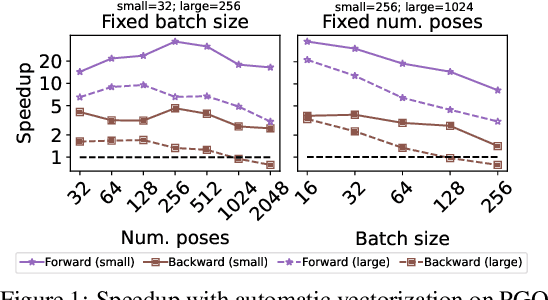


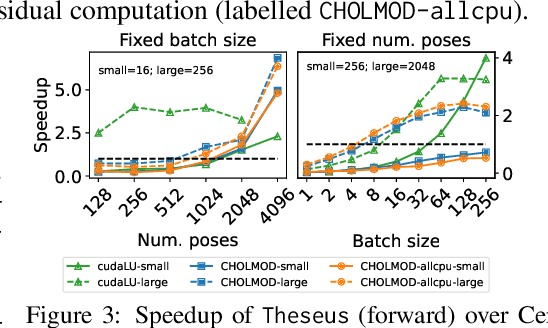
Abstract:We present Theseus, an efficient application-agnostic open source library for differentiable nonlinear least squares (DNLS) optimization built on PyTorch, providing a common framework for end-to-end structured learning in robotics and vision. Existing DNLS implementations are application specific and do not always incorporate many ingredients important for efficiency. Theseus is application-agnostic, as we illustrate with several example applications that are built using the same underlying differentiable components, such as second-order optimizers, standard costs functions, and Lie groups. For efficiency, Theseus incorporates support for sparse solvers, automatic vectorization, batching, GPU acceleration, and gradient computation with implicit differentiation and direct loss minimization. We do extensive performance evaluation in a set of applications, demonstrating significant efficiency gains and better scalability when these features are incorporated. Project page: https://sites.google.com/view/theseus-ai
CrypTen: Secure Multi-Party Computation Meets Machine Learning
Sep 02, 2021Abstract:Secure multi-party computation (MPC) allows parties to perform computations on data while keeping that data private. This capability has great potential for machine-learning applications: it facilitates training of machine-learning models on private data sets owned by different parties, evaluation of one party's private model using another party's private data, etc. Although a range of studies implement machine-learning models via secure MPC, such implementations are not yet mainstream. Adoption of secure MPC is hampered by the absence of flexible software frameworks that "speak the language" of machine-learning researchers and engineers. To foster adoption of secure MPC in machine learning, we present CrypTen: a software framework that exposes popular secure MPC primitives via abstractions that are common in modern machine-learning frameworks, such as tensor computations, automatic differentiation, and modular neural networks. This paper describes the design of CrypTen and measure its performance on state-of-the-art models for text classification, speech recognition, and image classification. Our benchmarks show that CrypTen's GPU support and high-performance communication between (an arbitrary number of) parties allows it to perform efficient private evaluation of modern machine-learning models under a semi-honest threat model. For example, two parties using CrypTen can securely predict phonemes in speech recordings using Wav2Letter faster than real-time. We hope that CrypTen will spur adoption of secure MPC in the machine-learning community.
Neural Fixed-Point Acceleration for Convex Optimization
Jul 23, 2021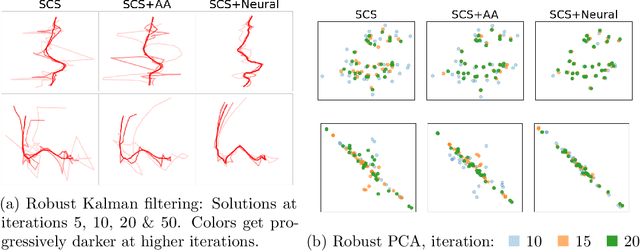

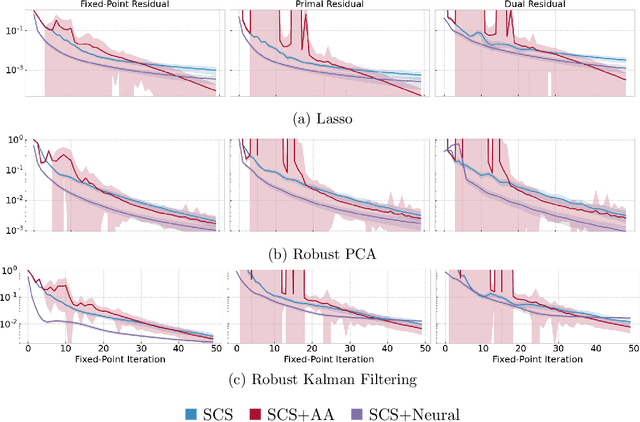
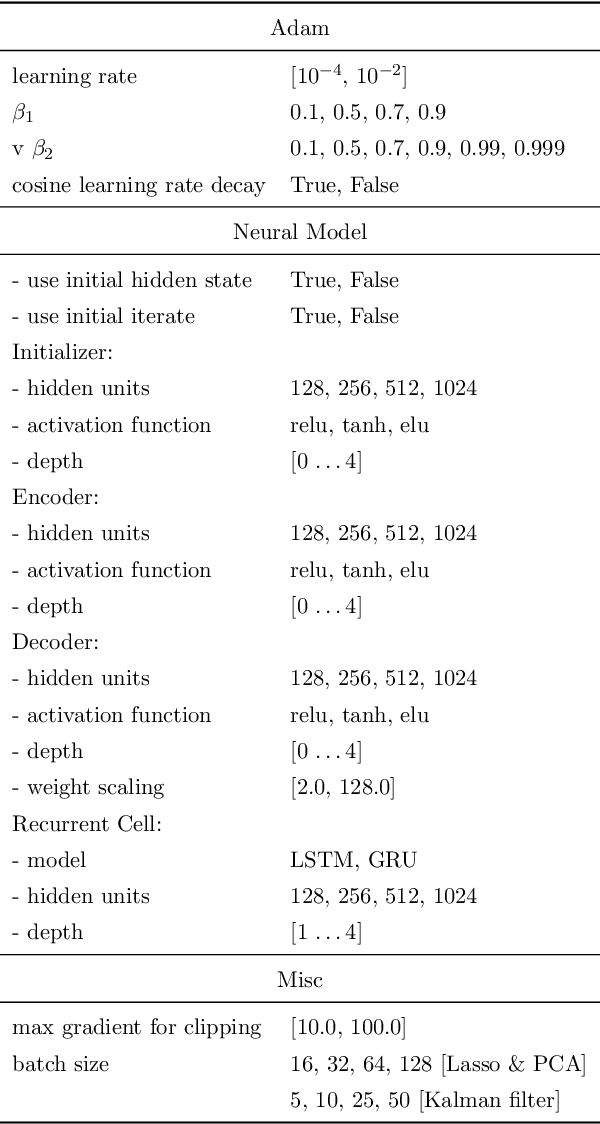
Abstract:Fixed-point iterations are at the heart of numerical computing and are often a computational bottleneck in real-time applications that typically need a fast solution of moderate accuracy. We present neural fixed-point acceleration which combines ideas from meta-learning and classical acceleration methods to automatically learn to accelerate fixed-point problems that are drawn from a distribution. We apply our framework to SCS, the state-of-the-art solver for convex cone programming, and design models and loss functions to overcome the challenges of learning over unrolled optimization and acceleration instabilities. Our work brings neural acceleration into any optimization problem expressible with CVXPY. The source code behind this paper is available at https://github.com/facebookresearch/neural-scs
 Add to Chrome
Add to Chrome Add to Firefox
Add to Firefox Add to Edge
Add to Edge